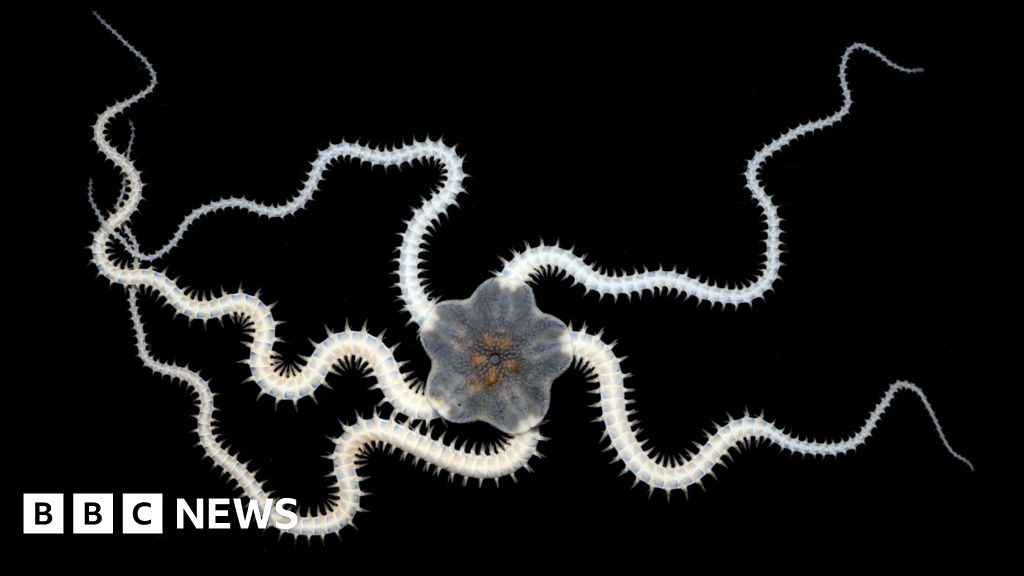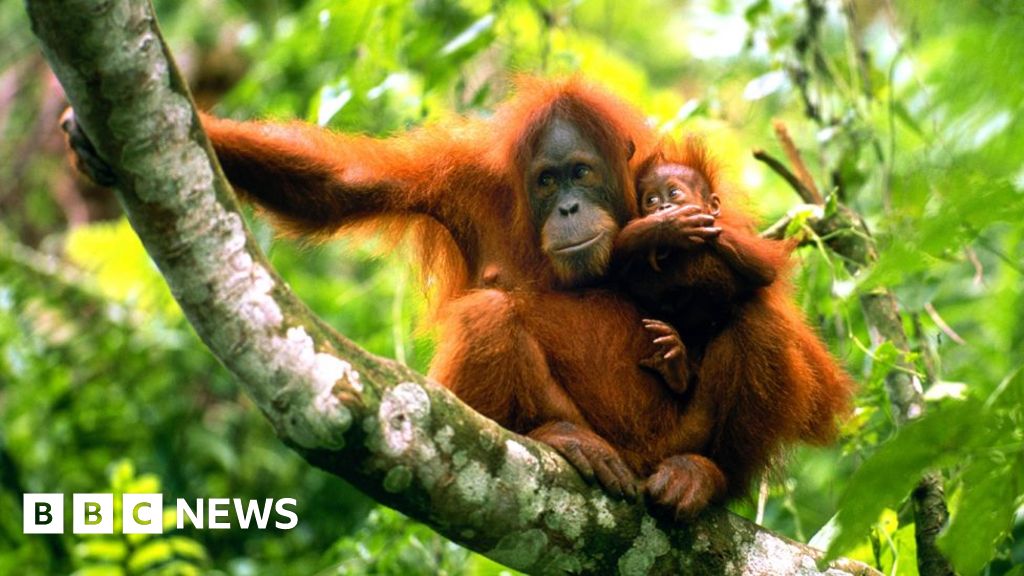
Nature decline is now nearing dangerous tipping points, WWF warns
- Science
- October 13, 2024
- No Comment
- 103
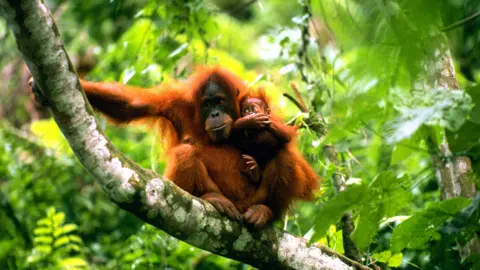 Getty Images
Getty ImagesHuman activity is continuing to drive what conservation charity the World Wide Fund for Nature (WWF) calls a “catastrophic” loss of species.
From elephants in tropical forests to hawksbill turtles off the Great Barrier Reef, populations are plummeting, according to a stocktake of the world’s wildlife.
The Living Planet Report, a comprehensive overview of the state of the natural world, reveals global wildlife populations have shrunk by an average of 73% in the past 50 years.
The loss of wild spaces was “putting many ecosystems on the brink”, WWF UK head Tanya Steele said, and many habitats, from the Amazon to coral reefs, were “on the edge of very dangerous tipping points”.
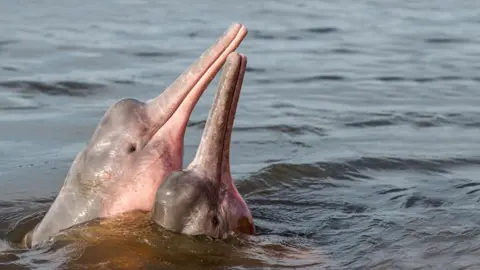 © Shutterstock / COULANGES / WWF-Sweden
© Shutterstock / COULANGES / WWF-SwedenThe report is based on the Living Planet Index of more than 5,000 bird, mammal, amphibian, reptile and fish population counts over five decades.
Among many snapshots of human-induced wildlife loss, it reveals 60% of the world’s Amazon pink river dolphins have been wiped out by pollution and other threats, including mining and civil unrest.
It also captured hopeful signs of conservation success.
A sub-population of mountain gorillas in the Virunga Mountains of East Africa increased by about 3% per year between 2010 and 2016, for example.
But the WWF said these “isolated successes are not enough, amid a backdrop of the widespread destruction of habitats”.
Tom Oliver, professor of ecology at the University of Reading, who is unconnected with the report, said when this information was combined with other datasets, insect declines for example, “we can piece together a robust – and worrying – picture of global biodiversity collapse”.
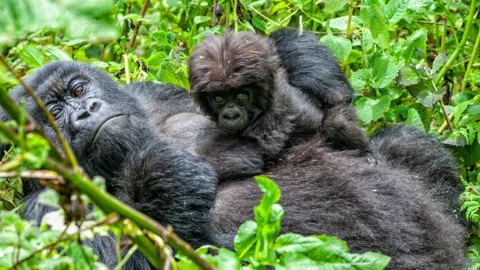 Getty Images
Getty ImagesThe report found habitat degradation and loss was the biggest threat to wildlife, followed by overexploitation, invasive species, disease, climate change and pollution.
Lead author and WWF chief scientific adviser Mike Barrett said through human action, “particularly the way that we produce and consume our food, we are increasingly losing natural habitat”.
The report also warns nature loss and climate change are fast pushing the world towards irreversible tipping points, including the potential “collapse” of the Amazon rainforest, whereby it can no longer lock away planet-warming carbon and mitigate the impacts of climate change.
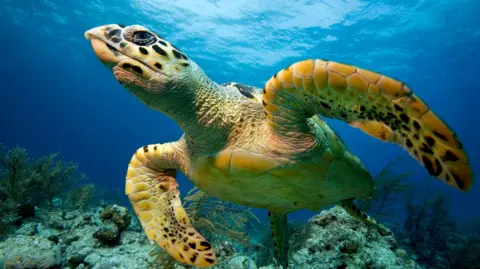 Getty Images
Getty Images“Please don’t just feel sad about the loss of nature,” Mr Barrett said.
“Be aware that this is now a fundamental threat to humanity and we’ve really got to do something now.”
Valentina Marconi, from the Zoological Society of London’s Institute of Zoology, told BBC News the natural world was in a “precarious position” but with urgent, collective action from world leaders “we still have the chance to reverse this”.
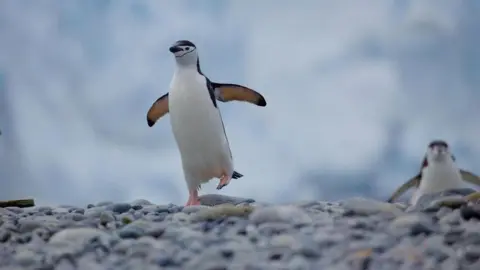 © WWF-Aus / Chris Johnson
© WWF-Aus / Chris Johnson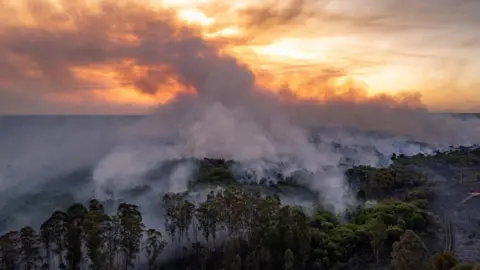 © Jacqueline Lisboa / WWF-Brazil
© Jacqueline Lisboa / WWF-BrazilMs Steele said the report was an “incredible wake-up call”.
“Healthy ecosystems underpin our health, prosperity and wellbeing,” she told BBC News.
“We don’t think this sits on the shoulders of the average citizen – it’s the responsibility of business and of government.
“We need to look after our land and our most precious wild places for future generations.”

#Nature #decline #nearing #dangerous #tipping #points #WWF #warns




